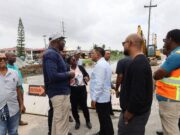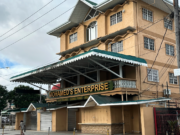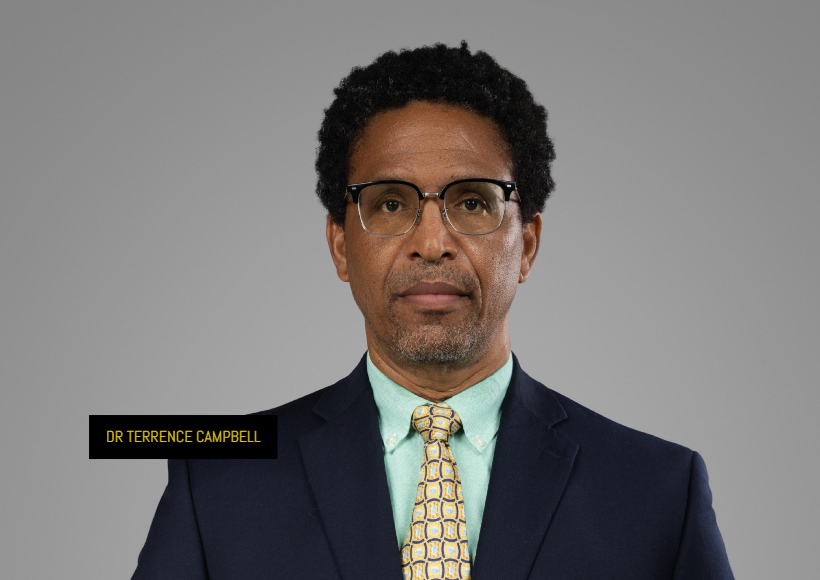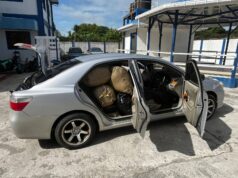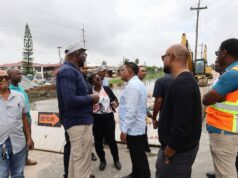When Vybz Kartel came to Guyana, was a portion of the oil money used to support his stay ? When “One Guyana” concerts are held, is it carried in part by oil revenue or taxes ?
While the answer to these question remains unknown, APNU’s parliamentary lead, Dr Terrence Campbell says it is the kind of accountability Guyanese deserve.
During an interview on Sources, an online programme led by journalist Svetlana Marshall, Campbell decried the manner in which government treats reporting of oil spending.
When the government transfers a portion of the oil money from the Natural Resource Fund (NRF) into the Consolidated Fund, it is required by law to get parliament’s approval before spending. The government then presents its budget which outlines, among other things, how revenues earned across all sectors would be spent. There is no delineation of how oil money in particular is spent on which projects. In the absence of this, Vice President, Bharrat Jagdeo has used his weekly press conferences to shed light on what broad areas of social and infrastructural development the oil money has been prudently supported.
Campbell says this is not enough. He said citizens should know exactly where the oil money is going. He said this model of accountability is used by Ghana which provides annual reports to its people.
Campbell stressed that right at home, the government utilizes this approach when it transfers a portion of carbon credit sales to indigenous communities. He noted that the government has had to report to Norway, the country Guyana signed its first carbon credit deal with, on how the money is spent.
He said therefore, “The government has disrespected the people of Guyana because the people of Guyana want to know how you spend the oil money, but they (government) will not report on it in the budget.
“They will not say, well, this is where the oil money is going. But they say where the LCDS (Low Carbon Development Strategy) funds are going.”
Campbell said he intends to use his position as a parliamentarian to scrutinize the budget, flag excesses and demand accountability on oil transfers.
He said this level of scrutiny is crucial, given the intent and spirit of the law governing the Natural Resource Fund (NRF) account. The legislation stipulates that the oil money would serve three main purposes: to help offset expenses during a rainy day, as an insurance policy for future generations, and to support national development.
Campbell said he disagrees vehemently that one should accept the notion that all the money is thrown into one pot but citizens cannot know how the chicken, rice and all purpose seasoning are procured.
The businessman said he will not only use his position in the House to understand how these items were bought but he will press to understand if the country got value for money.

